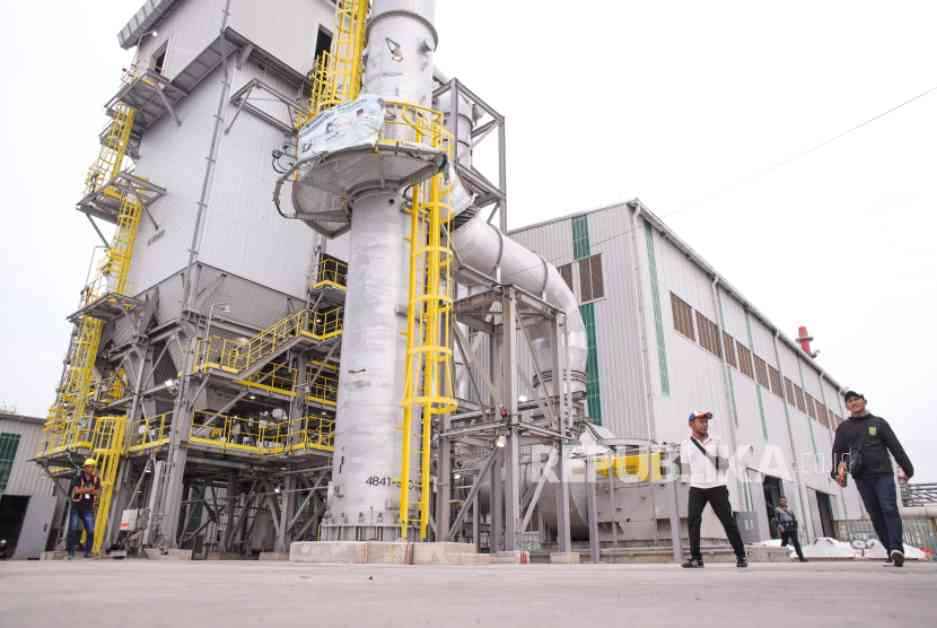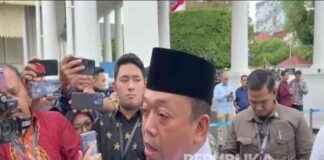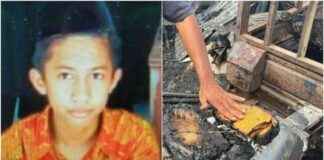Collaborative Research at FEB Universitas Brawijaya Highlights Beneficial Downstream Collaboration in Gresik
In a groundbreaking collaborative research effort, a team of professors from the Faculty of Economics and Business (FEB) at Universitas Brawijaya (UB) Malang has shed light on the pivotal role of Gresik as a hub for inclusive and sustainable mineral downstream growth. This research, titled “Final Report on Building Partnerships Between Communities, Local Governments, and Companies for Optimization of Downstream Benefits,” unveils the significant strides made in fostering mutually beneficial collaborations in the region.
Empowering Local Communities Through Strategic Partnerships
Lead Researcher, Hendi Subandi, emphasizes the genuine commitment of PT Freeport Indonesia (PT FI) in supporting collaborative efforts that benefit the local populace. By engaging with village governments and micro, small, and medium enterprises (UMKM), PT FI has not only created job opportunities but also empowered the local community through various economic empowerment programs. One such initiative is the “Rembuk Akur” communication forum that involves village governments from nine Ring 1 villages in Gresik. This platform facilitates the recruitment of local workforce, bridging the gap between the company’s needs and the potential human resources available locally.
Promoting Local Entrepreneurship and Sustainability
The research findings also highlight PT FI’s prioritization of local UMKM and IKM players across various sectors such as construction, catering, security, and waste management. Local UMKM are empowered to provide logistical support to the company, including traditional Gresik batik uniforms for PT FI employees. This emphasis on local entrepreneurship not only boosts the regional economy but also fosters a sense of community ownership and sustainability.
Unlocking the Power of Hexahelix Partnership Model
The study underscores the importance of the hexahelix partnership model in driving downstream success. By involving six key actors – downstream companies, local governments, NGOs, academics, communities & UMKM, and media – challenges can be effectively addressed. This collaborative approach ensures the sustainability of company operations while enhancing the welfare of the local population. Through strategic recommendations like funding initiatives for local IKM centers and skills training programs, the research team aims to strengthen the bonds between companies and communities, fostering an inclusive industrial ecosystem.
In conclusion, the research not only highlights the economic benefits of downstream collaboration but also underscores the significant social impact on local communities. By investing in skill development programs and leveraging special economic zones like JIIPE, PT FI aims to empower local UMKM players and enhance their competitiveness in the larger industrial supply chain. As Lead Researcher Hendi Subandi aptly puts it, there is immense potential in local UMKM, and with the right support, they can meet the standards set by major companies like PT FI.














